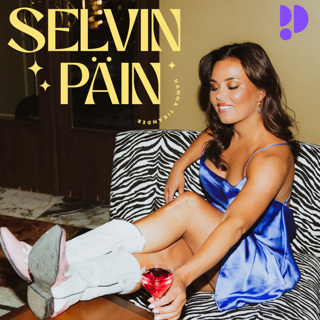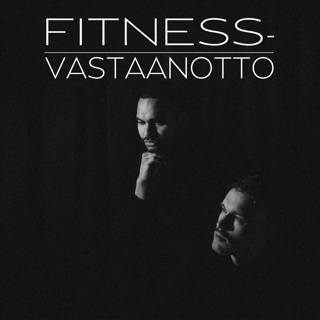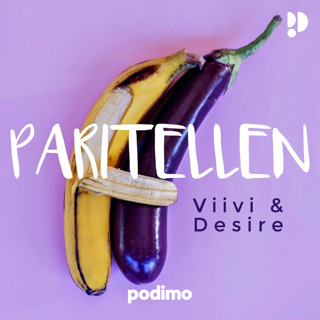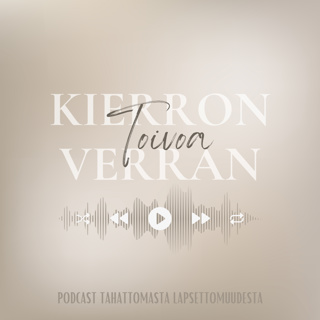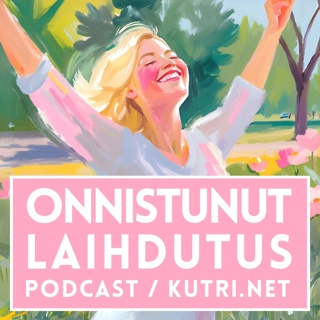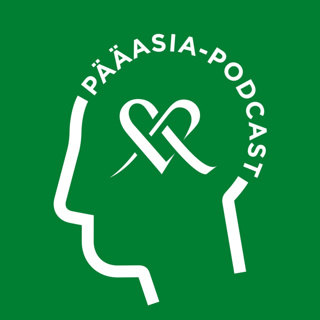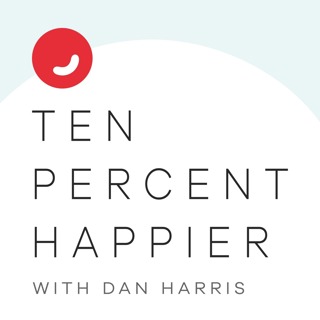
Adam Shankman
Acclaimed movie producer and director Adam Shankman is best known for his upbeat, family-friendly movies, including "Hairspray," "A Walk to Remember" and "The Pacifier," but behind the scenes, Shankman says he spent years grappling with substance abuse and self-loathing. Growing up in Hollywood, Shankman, who is openly gay, remembers being "an incredibly happy kid." But when he was three years old, he says, his parents set him up with a doctor who was doing a study on sexual identity. Unbeknownst to his parents at the time, Shankman says he was placed in "conversion therapy." When he was a teen, Shankman turned to alcohol and later drugs to quiet the "ugly voice" in his head. In 2012, Shankman says, he entered a "really dark" place and the following year checked himself into a month-long rehab program -- where he discovered meditation.
8 Kesä 201641min

Emma Seppala
Success and happiness: Can you have one without the other? Many may assume that these two things are at cross purposes but Emma Seppala, the science director of Stanford University's Center for Compassion and Altruism Research and Education, argues that that assumption is actually dead wrong. The Ph.D. holder and author of "The Happiness Track" sat down with Dan Harris to tackle this subject -- a central theme in Dan's own book, "10% Happier."
5 Kesä 201654min

Chade-Meng Tan
Chade-Meng Tan was employee No. 107 at Google. But the software engineer's career took a turn when he began teaching meditation to the company's employees and executives, adopting the job title of "Jolly Good Fellow." While he's no longer at Google, Meng -- as everyone calls him -- continues to meditate and has written a new book, "Joy on Demand," detailing how anyone can access joy through meditation.
1 Kesä 201653min

Chodo and Koshin
Thinking about death can be supremely difficult. Many of us try not to think about it at all – until we have no choice. But two Zen Buddhist monks are using meditation, and a generous dose of humor, to show people that the dying process does not have to be scary, and can even be uplifting. Sensei Robert Chodo Campbell and Sensei Koshin Paley Ellison are the co-founders of the New York Center for Contemplative Care, and have trained doctors, nurses, hospice care workers, and social workers to incorporate meditation and caring into their bedside manner with patients, and in their relationships with loved ones. The duo also teaches people to embrace death’s inevitability as push to live a fulfilling life – Zen Buddhist practice forces followers to look at this reality repeatedly – and how to treat a dying loved one with compassion instead of fear. Chodo and Kosin are the authors of the new book, "Awake at the Bedside: Teachings on Palliative & End of Life Care."
25 Touko 20161h 6min

Ali Smith
Ali Smith goes into some of the toughest neighborhoods in one of the toughest cities in America, and teaches yoga and meditation to troubled and at-risk school kids. And the results have been incredible. Smith, a certified yoga instructor, is the co-founder and executive director of the Holistic Life Foundation. His workshops and after-school programs reach approximately 4,500 kids every week – and that number only continues to grow.
18 Touko 201648min

Gretchen Rubin (Our Long-Lost Pilot Episode)
In our pilot episode, which we recorded back in January before we moved into a fancy radio studio and had any clue what we were doing (this part hasn't changed much), Dan invited author and speaker Gretchen Rubin over to his New York City apartment to talk mindfulness, how to break bad habits and find better routines.
13 Touko 201643min
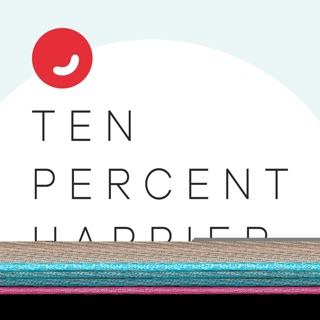
RuPaul
When he was 28 years old, RuPaul Andre Charles found himself broke and living on his little sister's couch in Los Angeles. "It was a really, really, really dark, dark period for me." That’s when RuPaul, now the world's most famous drag queen, started his meditation practice.
12 Touko 201637min

Steve Armstrong
Enlightenment (or, more specifically, exactly how one gets enlightened) has become a somewhat taboo subject. For years, American meditation teachers have largely avoided discussing what's known as "the progress of insight" -- the various stages that lead to Nirvana -- with their students. But why? In this episode, Dan gets clear, candid answers from Steve Armstrong, a long-time meditation teacher and the managing editor of the new book "Manual of Insight."
11 Touko 20161h 12min






